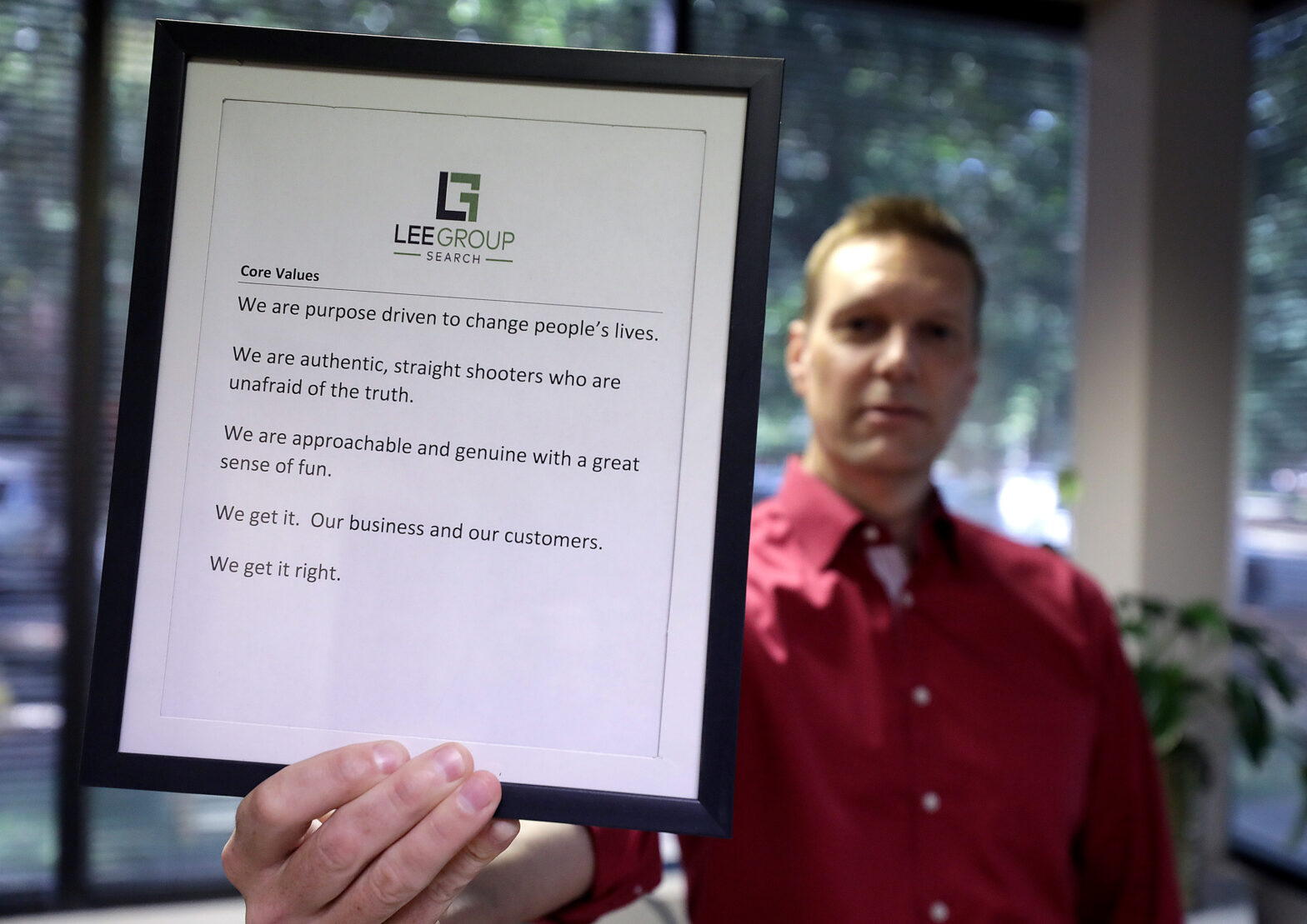As the world grapples with the pressing challenges of climate change and environmental degradation, the shift towards renewable energy is not only transforming the energy landscape but also reshaping the…
Read More
Deciphering the Fee Associated with Hiring a Recruiter to Work for Your Company

Along with the product or service itself, the most important part of every company is its employees. The best recruiting firms partner with companies as clients to help them secure and retain the very best talent necessary for a business to thrive and grow.
But who pays the fees associated with hiring a recruiter?
Here’s the bottom line up front.
Candidates pay nothing to partner with a recruiting firm. Instead, it’s companies that incur the fee. In many ways, paying for the services offered by a recruiting firm is no different than expenses incurred for all operating costs.
For decades, Eric Kean, Principal at The Lee Group and Lee Group Search, put it this way when prospective clients would call. “I have access to people you don’t.”
Online tools seem to make that service less valuable today, though the top recruiting firms look beyond LinkedIn and other easily accessible tools to find potential candidates.
“In today’s environment, we might both be able to find the same people,” Kean said. “The value is I’m going to get to engage with those folks and get them interested in your company, which they don’t even know exists.”
It’s also not just about finding the right people. It’s about connecting the right people to the right job. A recruiting firm evaluates candidates using its professional expertise that ensures the fit is ideal on both ends. Elite candidates get pinged by multiple recruiters and ignore the majority of them. The best recruiters know how to navigate the noise to engage in a meaningful conversation.
So yes, partnering with a recruiter costs.
Lee Group Search, a premier staffing and executive search firm that serves clients from coast to coast, typically charges a percentage of the candidate’s first-year compensation of the job.
Finding a firm that will work for less won’t be hard. But Kean encourages businesses to consider whether they really want to commit to a recruiter who is the lowest bidder. Because there’s a reason behind that, yes?
“If someone is willing to do work at a diminished price point, why? You really have to ask that question,” Kean said. “They’re willing to do that because they do not have the business that they should. And why is that? Because they’re probably not very good at what they do.”
It’s an old adage, but you get what you pay for truly comes into play when partnering with a recruiter. Prospective company clients might inquire about lowering that fee percentage to 20% to save a buck. The truth is most top tier recruiters aren’t willing to devalue their services while giving their best efforts 100% of the time for what can be a lengthy process. That would correlate to an employer presenting an employee with a labor intensive project while mentioning a pay cut in the same breath.
“That’s not exactly motivating,” said Kean, who also deflects the idea of anyone who chirps, “It’s only business. Don’t take it personally.”
“Business is always personal,” Kean stressed. “Companies don’t hire people. It’s people who make up the company; it’s people who make decisions. It’s a person therefore it’s always personal.”
Some firms work on a contingency basis, meaning they are only paid upon placement of a candidate. Lee Group Search embraces the engaged model that requires a small, upfront retainer, similar to the business model that most companies follow in every other realm. Nobody likes to work for free. “It’s motivating for a recruiter to know they have your financial commitment, not just your verbal commitment,” Kean said. “Your financial commitment shows that you absolutely want to see this through. You’re showing a recruiter that you’re very serious about filling the role you want filled. And you’re willing to put your money where your mouth is.”
